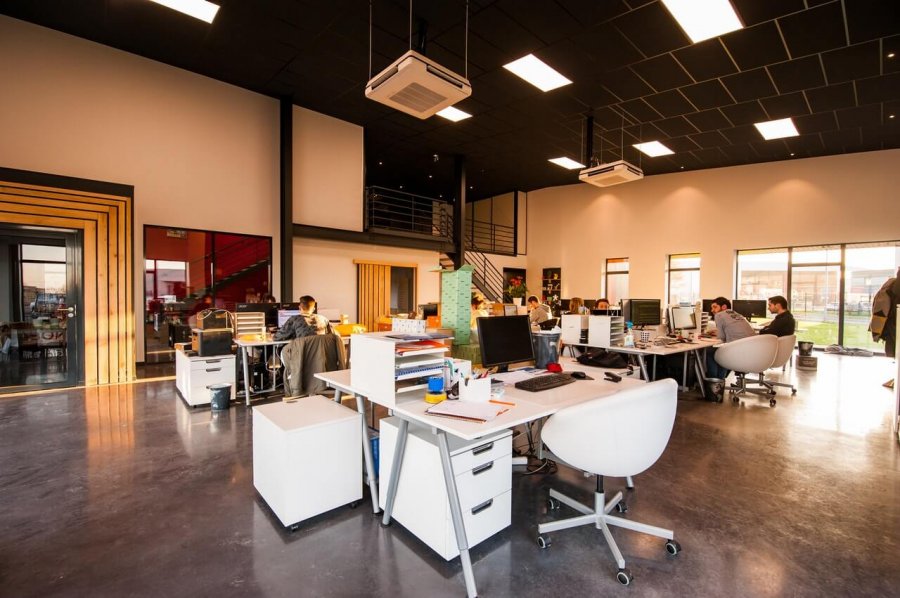Following the Covid pandemic, the world is slowly, but surely returning back to a more normal state. Travel has boomed, leisure facilities are busier than ever and sports events continue on a regular basis. But, even as some aspects of life pre-pandemic are resuming, one area of life which is noticeably quiet is that of office and commercial spaces.
According to recent data, in-office attendance is around 33% of what it was before Covid. Even cinemas, an industry often referred to as “doomed” has bounced back almost twice as much following the pandemic.
The reality is looming that the office will never return to what it once was. Businesses are using this opportunity to downsize and cut costs and employees are notably happier working from home. The number of people in the office will never return to what it was pre-pandemic and whilst this is great news for those employees who grew tired of the commuter life, demand for office space is actually only down by around 1%. So, what does remote working mean for commercial spaces?
The Five Day Work Week Is Dying
Currently, the most popular model of home/office work balance sees employees occupying the office from Tuesday to Thursday. This new model, which sees employees working from home on Monday and Friday, means that around 25% of their time will be spent working from home. This leaves companies with an important decision to make – do they look for significantly less office space, or accept that their current space will likely go unused on given days.
As well as this, industries where employees can’t work from home, such as emergency services, hospitals and supermarket workers, are growing increasingly more resentful of those who can work from home. As a result, they’re looking to change their workweek to a way that better suits them. Whether it’s working longer hours over 4 days during the week or preferring to work over the weekend or evenings to get more time at home in the mornings, these changes are becoming more common and it’s set to disrupt the traditional 9-5, Mon-Fri workweek in its entirety.
Investing More In Their Space
Although employees will be frequenting office space less regularly, many employers are choosing to use this opportunity to invest more into their current office space. Whether it’s changing the layout of the office to one more suited to hot-desking, so that employees can come and go as they please, or adding more breakout spaces to add a better work balance for those in the office, employers have learnt from the pandemic and are willing to adapt their spaces.
Another big thing to come from the pandemic is safety. We’re all so much more aware of hygiene and personal space than ever before and employers are understanding of this. Even though there are fewer people in and around the workplace than there were pre-pandemic, more employers are taking steps to ensure that employees feel safe and protected when they are in the office. This includes ensuring that the space is well ventilated, there are ample sanitation facilities, workspaces spread apart and even investing in commercial cleaning London for commercial space cleaning.
Competition For Adaptable Spaces
With employers having to change and adapt their workspaces, the competition for suitable space has become higher than before. Many employers are ditching their large city-centre office space for more adaptable commercial spaces. More employers are also looking to move out of the city centre altogether as a way to reduce commuting times for employees when they come into the office and to introduce more green space and encourage healthier habits.
As a result, many commercial and office spaces in city centres are becoming unused. The demand for large spaces is simply not as high as it was and any employers looking for larger office space are doing so with the aim of providing a safer-feeling workplace, as employees will be able to spread out more, rather than be packed in at desk banks.
Conclusion
Although there are many benefits of working from home, for both employers and employees, the instant shift that was caused by Covid has adapted the commercial space landscape, perhaps forever. It’s likely that it will continue to change and adapt as we learn to live with Covid, but for now, it looks as though large office and commercial spaces are being phased out.






















Leave a Reply